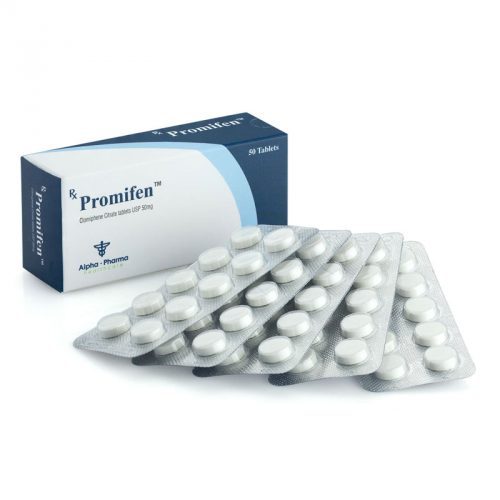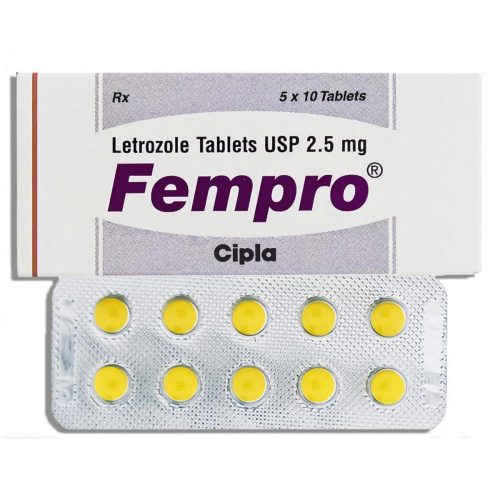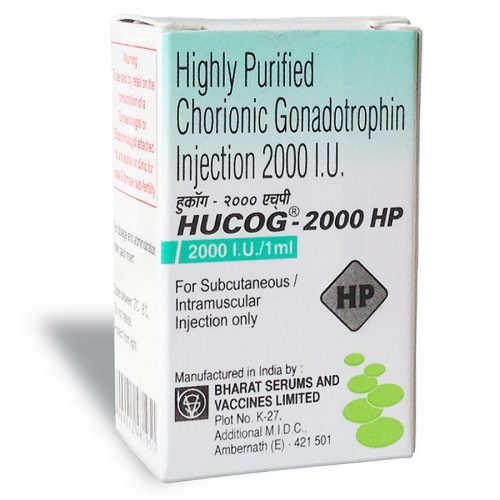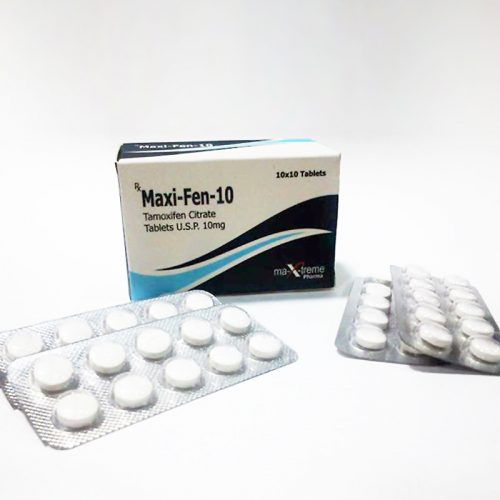-
 BUY CLOMID
BUY CLOMIDClomid for women
Clomid (Clomiphene Citrate) works by stimulating the hormones within a women’s brain, which tricks the body into thinking that the levels of Oestrogen are actually lower than they are. This causes the pituitary gland to secrete more FSH and LH. The increased FSH stimulates the ovaries to produce an egg follicle (or multiple) and the increased LH stimulates the ovulation process, thus triggering an egg to be released. Clomid is known as the most widely used fertility drug.
-
 BUY TAMOXIFEN
BUY TAMOXIFENTamoxifen for sale
Tamoxifen is used to treat infertility in women with an ovulatory disorder. This is common within the UK due to a lack of an oocyte release during a menstrual cycle. Tamoxifen has been shown to effectively stimulate ovulation within women who suffer with these issues. Tamoxifen is used and taken on days 3-7 within a women’s cycle, to help achieve this ovulation process.
Tamoxifen has received the approval for marketing as a fertility treatment. -
 HCG INJECTION FOR SALE
HCG INJECTION FOR SALEHCG injections (gonadotropins)
Human Chorionic Gonadotropin (hCG) in a low dose, may be injected after the ovarian stimulation is complete. HCG will stimulate the release of an egg during the ovulation process and support the normal development of the egg within the ovary.
Ovulation will occur between 38 and 40 hours after a single injection of hCG. -
 BUY FEMARA
BUY FEMARAFemara (Letrozole)
In a multi-center study funded by the National Institute of Child Health and Development, ovarian stimulation with Letrozole, resulted in a significantly lower frequency of multiple gestation (i.e., twins or triplets) but also a lower frequency of live birth, as compared with gonadotropins but with the exception of Clomiphene. Using Letrozole along with the other stated fertility products can ensure that you do not end up with more than you bargain for (e.g. multiple fertilized eggs or eggs that divide into multiple embryos).
Fertility drugs are substances which enhance the reproductive aspect within fertility. For women, fertility medication is used to stimulate the follicle development within the ovaries.
Fertility drugs for women
Fertility drugs are agents that enhance the ovarian activity, these can be classified as either Gonadotropin releasing hormone, Estrogen antagonists (fertility medications that inhibit the effects of Oestrogen, these include: Clomiphene and Aromatase inhibitors, which can also work as fertility medications) or Gonadotropins.
Understanding the importance of IVF and other treatments
When a women or a couple think about bringing life into this world, there is no better feeling than the prospect of being able to have a new born baby and create and nurture a new life with unconditional love. Unfortunately, in today’s world, there are many women or couples who are told they cannot conceive a baby. We understand the upset and pain of having your dream of raising a child crushed by hearing from a physician that you are not very fertile or not fertile at all.
Luckily with the new IVF (In vitro fertilization) treatments available, this dream of conceiving a baby can become your reality. For some, this lifeline of treatment may be out of their reach due to financial difficulties and although you can never put a price on bringing a new life into this world. The financial struggle for some is just too great. That is why here at Fertility-UK we can help to provide those of you who need that extra help within conceiving a child, without the added thousands of pound bills associated with the IVF treatment.
Clomid
Clomiphene (trademarked as Clomid) is a selective Oestrogen receptor modulator (SERM). Clomiphene is the most widely used fertility drug within the UK. It is used as an ovarian stimulator and works by inhibiting the negative feedback of Oestrogen within the hypothalamus. As the negative feedback of Oestrogen is inhibited, the hypothalamus secretes GnRh, which in turn, stimulates the anterior pituitary gland to secrete LH and FSH, which will help with the ovulation process.
Gonadotropins
Human chorionic gonadotropin (hCG) ) is normally produced during pregnancy. However, it can also replace LH as an ovulation inducer, as hCG stimulates the release of an egg during the ovulation process.
Human Menopausal Gonadotrophin (hMG) is a medication containing a follicle-stimulating hormone (FSH) and a luteinizing hormone (LH). hMG stimulates the ovaries to mature follicles, which makes them more fertile.
Estrogen antagonists and gonadotropins may stimulate multiple follicles and other ovarian hormones leading to multiple births and possible ovarian hyperstimulation syndrome.
The chance of a successful pregnancy depends on the cause of infertility
You should speak with your physician, after one year of trying to conceive while still being unsuccessful. More than a half of couples who seek infertility treatments eventually end up falling pregnant.



